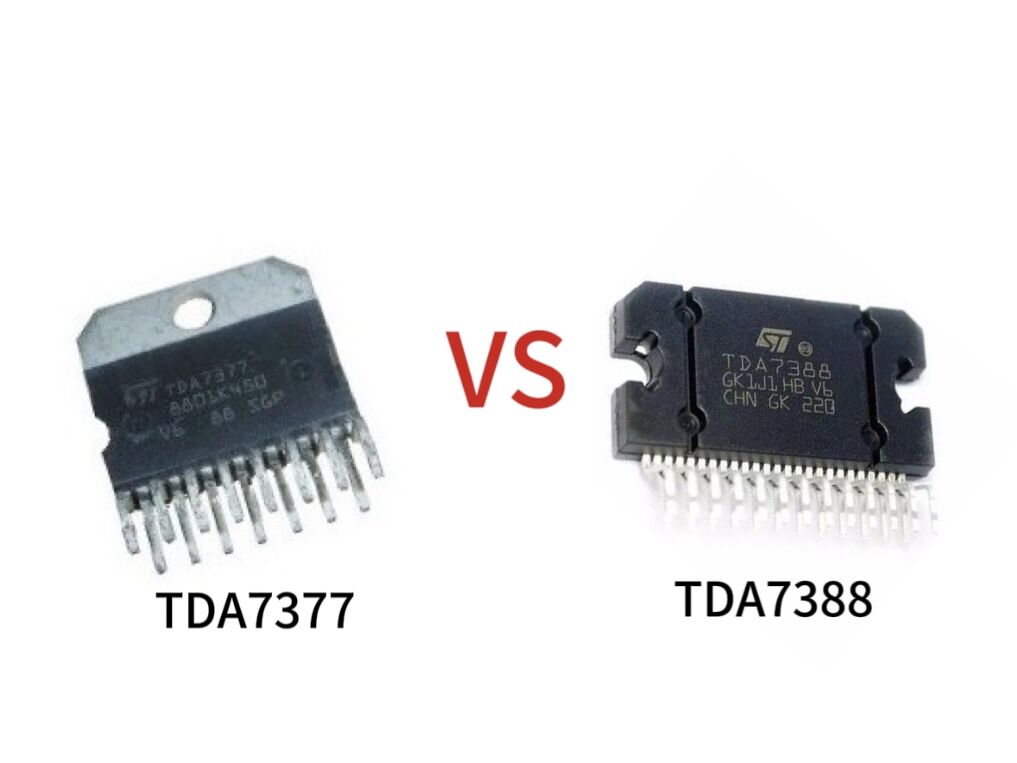ATmega128L Overview:
The ATmega128L is a microcontroller from the ATmega series manufactured by Microchip Technology (previously Atmel). It is a versatile 8-bit microcontroller with advanced features, suitable for a wide range of embedded systems applications. Here is an overview of the ATmega128L microcontroller, covering specifications, main uses, features, application fields, working principle, and alternative models:
Specifications:
- Architecture: 8-bit RISC (Reduced Instruction Set Computing)
- Flash Memory: 128 KB
- SRAM: 4 KB
- EEPROM: 4 KB
- Operating Voltage: 2.7V to 5.5V
- Operating Frequency: Typically up to 16 MHz
- I/O Pins: 53
- Communication Interfaces: UART, SPI, I2C (TWI)
- Timers/Counters: Multiple 8-bit and 16-bit timers
-
DataSheet
Main Uses:
- Embedded Systems Development: Ideal for a wide range of embedded applications.
- IoT Devices: Suitable for Internet of Things (IoT) devices and sensor node applications.
- Industrial Automation: Used in automation systems and control applications.
- Consumer Electronics: Employed in various consumer electronic products and gadgets.
Features:
- High-Performance CPU: 8-bit AVR core with a rich instruction set for efficient processing.
- Peripherals: Built-in peripherals like timers/counters, UART, SPI, and more for versatile applications.
- Low Power Consumption: Suitable for battery-operated and low-power applications.
- Analog Capabilities: Analog-to-Digital Converter (ADC) for sensor interfacing.
- Programmable I/O: Configurable I/O pins for diverse interfacing needs.
Application Fields:
- Automotive Systems: Used in automotive control units and diagnostics.
- Smart Home Devices: Integrated into smart thermostats, security systems, and smart appliances.
- Medical Devices: Employed in medical monitoring equipment and diagnostic tools.
- Industrial Control: Utilized in industrial automation, PLCs, and robotics.
Working Principle:
- The ATmega128L microcontroller executes program instructions stored in its Flash memory.
- It interacts with external devices and sensors through its I/O pins and communication interfaces.
- Internal peripherals and timers enable precise control and timing operations in embedded systems.
Alternative Models:
- ATmega128: Standard version of the ATmega128 series.
- ATmega2560: Higher-end 8-bit microcontroller with more memory and I/O capabilities.
- PIC18F4520: Alternative 8-bit microcontroller from Microchip with comparable features.
Note:
- The ATmega128L microcontroller offers a balance of performance, features, and power efficiency suitable for a wide range of embedded applications.
- When choosing an alternative model, consider factors like memory requirements, I/O needs, and compatibility with existing designs.
The ATmega128L microcontroller is a powerful and versatile 8-bit MCU widely used in various embedded systems applications, providing a rich set of features, efficient processing, and flexible interfacing capabilities for diverse electronic projects.



